Defence urged to review Chinese mining companies’ access to Woomera military testing site
A review has been called for into the operations of two Chinese mining companies granted permission to access the most sensitive military testing sites in Australia.
SA Business
Don't miss out on the headlines from SA Business. Followed categories will be added to My News.
Exclusive: Defence could review the operations of two wholly owned Chinese mining companies granted extraordinary permission to access the most sensitive military testing sites in Australia.
The firms were granted resource exploration permits some years ago allowing access to the restricted Woomera Prohibited Area (WPA), jointly managed by Defence and South Australian state government.
According to Defence, the WPA contains significant deposits of minerals including copper, gold, magnetite iron, and uranium and five companies with foreign ownership were granted access to “maximise” economic value.
But concerns have now been raised about two of the five firms with the United States military looking to increase the site’s use to accelerate its $7bn hypersonic and counter-hypersonic missile technology under the AUKUS pact.
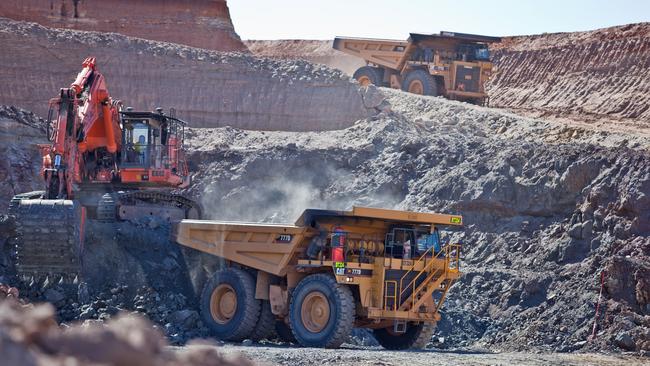
The US has long secretly tested new technology in the SA outback 127,000sq km WPA site and has accelerated recently with AUKUS and heightened geopolitical regional uncertainty.
The two firms, CU-River Mining Australia and Maosen Australia, are 100 per cent Chinese owned while the others including BHP and Rio Tinto are part-owned for between 22 and 37 per cent by the UK and US.
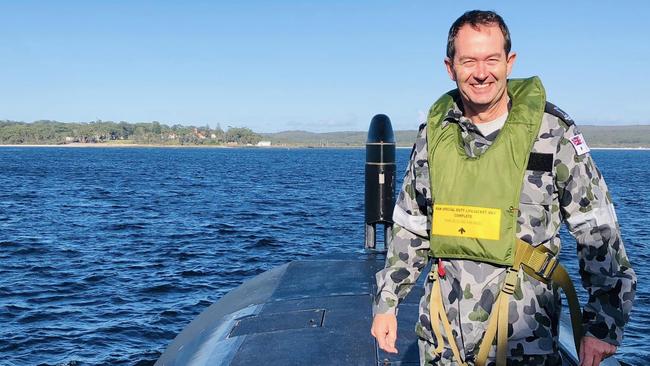
Deputy chair of both the Parliamentary Joint Committee on Intelligence & Security and Defence Subcommittee Andrew Wallace described the situation as “a concern” and called on Defence Minister Richard Marles to urgently review.
In 2017 Beijing enacted new national intelligence laws with Article 7 obligating Chinese firms and individuals to support national intelligence work and Article 14 giving the State authority to demand that co-operation.
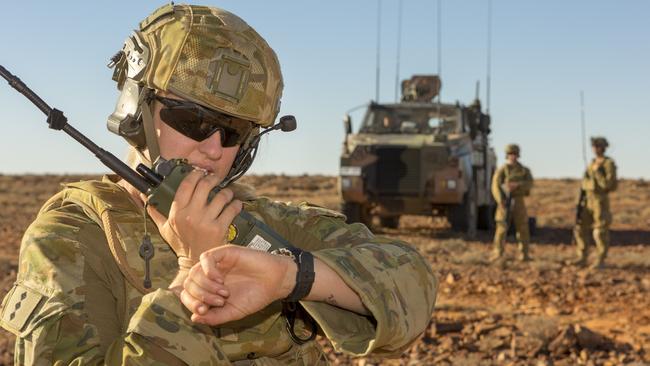
“We know Chinese companies are obligated to provide assistance to the Chinese Communist Party and People’s Liberation Army through the security and intelligence laws so even if legitimate mining companies owned by legitimate Chinese entities, there is still that risk they could be used to infiltrate or have some form of espionage being undertaken on the work that is being done at the Woomera rocket range,” Mr Wallace said.
“To me that risk is unacceptable … this is something the committee should be inquiring into.”
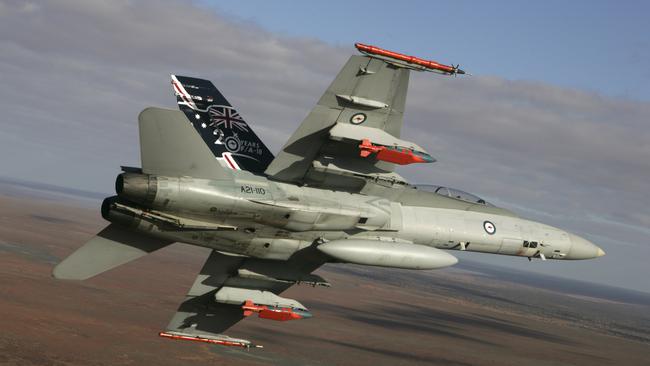
In 2019 CU-River, wholly owned and managed by a single Chinese citizen, was refused a $270m expansion plan by Defence for three other WPA exploration licences it held. That followed a review flagging a risk of electronic eavesdropping.
Its operating Cairn Hill mine permit issued in 2015 expires in August 2024.
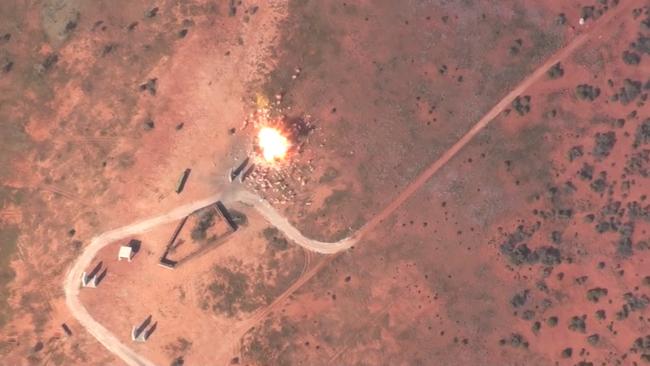
Defence declined to comment specifically due to privacy and commercial considerations but confirmed it was working with security agencies to ensure the WPA’s security posture remained “agile and reflects current and evolving threat levels”.
WPA access permissions can be revoked under Commonwealth legislation in the event of “significant national security concerns”.
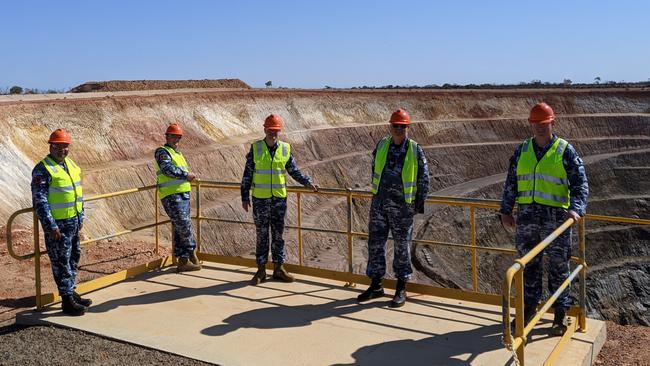
Defence confirmed holders were regularly reviewed for compliance.
“Defence works closely with subject matter experts across Government to inform decisions regarding management of security risks to capabilities. With regard to the WPA, Defence monitors security threats and compliance with permit conditions,” a spokeswoman said.
The two mine firms have been approached for comment.
Other authorised WPA users include 26 pastoralists and six Aboriginal groups.
Read related topics:AUKUS




